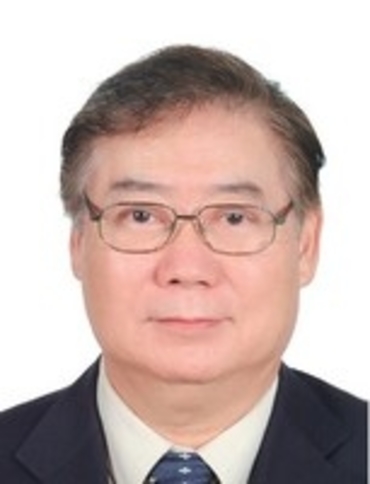Scientific Program

Ning-Sun Yang
Academia Sinica , Taiwan
Biography:
Dr. Ning-Sun Yang is a Distinguished Research Fellow and (Distinguished) Professor of Academia Sinica and four associated universities in Taipei, Taiwan. Dr. Yang received his Ph.D. in biochemical genetics at MSU, USA. His major research interests include gene-based cancer vaccines, anti-inflammatory and anti-cancer phytochemicals, and functional genomics studies of dendritic cells. While in USA, he initiated and helped the development of gene gun technology and pioneered its application to plant genetic engineering, mammalian gene transfer, DNA vaccines and gene therapy approaches. After thirty years of a research career in USA, Dr. Yang went back to Taiwan and established the Agricultural Biotechnology Research Center in Academia Sinica, Taipei, which is now recognized for medicinal and crop plant research. He was elected in 2006 as a Fellow of the American Association for the Advancement of Science (AAAS, USA). He has published over 150 research papers and obtained 14 USA patents and 6 Taiwan’s patents.
Abstract
A spectrum of studies showed that specific innate immune responses, various immune cell types and their cross-talks, and the associated inflammatory activities are involved in tumor metastasis. Metastatic tumor activities are now also known to be strongly affected by the surrounding or even “remote” tumor microenvironment(s). These findings strongly suggest that by modulating and regulating specific immune cell responses and/or mechanism-defined molecular and cellular inflammation-suppressive activities, we could now design new approaches for therapeutics or treatment of cancer metastasis. Interestingly, increasing evidences have started to show that specific phytochemicals from certain medicinal herbs may confer functional specificity (e, g., anti-dermatitis activity, suppressing severe inflammation, promoting wound-healing), and a number of medicinal phytochemicals have been used traditionally for hundreds to thousands of years. Some of such activities recently have also been re-established for their “strong anti-inflammatory” activities at the cellular and tissue levels, and we consider these activities can be evaluated toward the control of specific anti-inflammation at the organ/tissue levels.
With these observations and information, my laboratory has investigated a group of phytoextracts and the derived pure phytochemicals from specific medicinal plants, and evaluated their bioactivities/effects, in vitro and in vivo. For potential future use as personal or precision medicine application, we have used the ex-vivo “primary cultures”, including dendritic cells, MDSCs, Th17, Tregs and other immune cell types in mouse or human models relevant to specific tumor metastasis systems. Experimentally, we employed functional genomics, proteomics, signaling pathway bio-informatics analysis, cytokine/chemokine profiling, micro RNA arrays and RNAseq analysis in various cross-examination studies. Results and findings published in several key papers during the past few years will be discussed and projected for future medicinal research directions, including specifically the development of autologous, personalized tumor vaccines for use by individual cancer patients.
- Geriatric and Aging Biology
- Chronic Disease in Elderly
- Geriatric Health Medicine
- Geriatric Oncology
- Geriatric Endocrinology
- Geriatric Rehabilitation
- Geriatric Palliative Care
- Geriatric Nursing
- Dementia & Old Age
- Alzheimers & Neurodegenerative Disease
- Geriatric Psychiatry
- Aging & Rejuvenation

